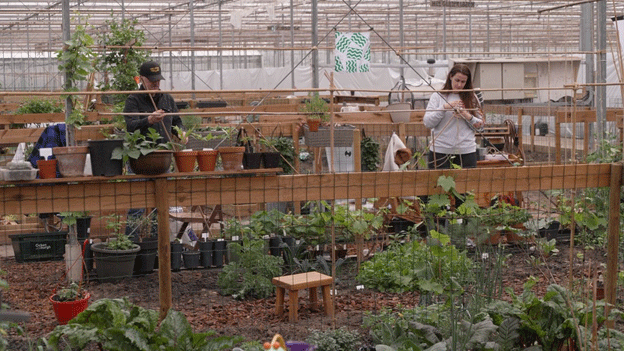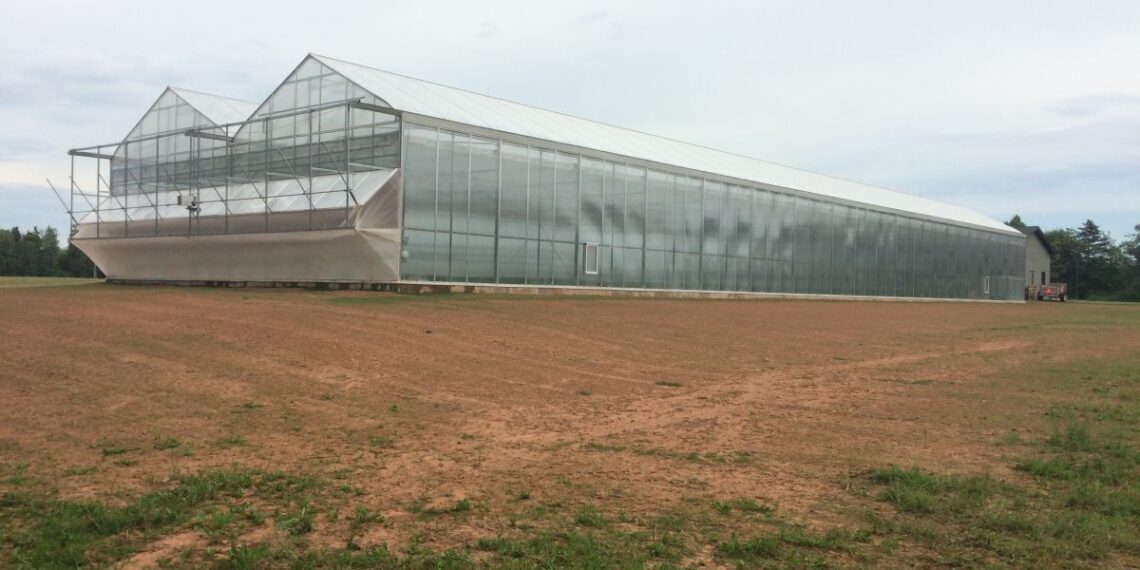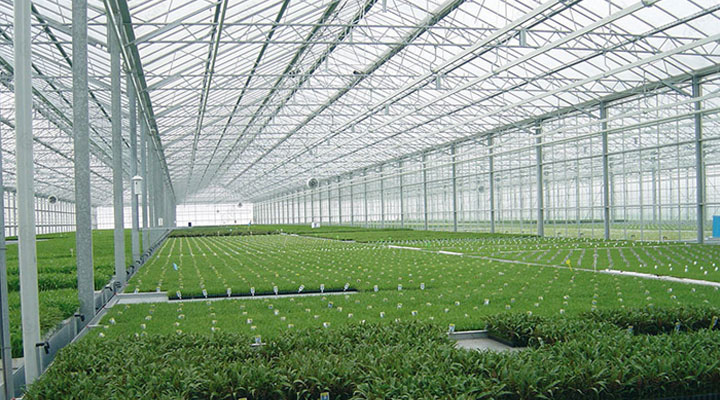Glastuinbouw Westland, a key player in the Dutch horticulture industry, has raised concerns over the proliferation of unauthorized vegetable gardens in greenhouses. This issue, which may seem minor at first glance, has significant implications for the future restructuring and sustainability of the greenhouse farming sector. The organization has formally requested the municipality of Westland to enforce existing regulations and ensure that all gardening activities within greenhouse zones comply with the legal and safety standards.
The Need for Regulation and Compliance
According to Jacco Vooijs, the chairman of Glastuinbouw Westland, unauthorized vegetable gardens can disrupt the delicate balance of professional greenhouse farming. “While the charm of a small vegetable garden in a greenhouse is undeniable, the potential risks and legal implications cannot be overlooked,” Vooijs stated in an interview with WOS. The organization has observed several such gardens in the region and is concerned that they could hinder future restructuring efforts necessary for the sector’s growth and sustainability.
Zoning and Safety Concerns
The primary issue lies in the intended use of greenhouse areas. As per the zoning plan, these areas are designated for professional horticulture where growers earn their livelihood. Vooijs pointed out that private vegetable gardens fall under different regulatory categories, particularly concerning fire safety. “These regulations must be as rigorously enforced as those for other uses, such as caravan storage in greenhouses,” Vooijs emphasized. Failure to adhere to these regulations can result in severe consequences, including liability issues for the municipality if accidents occur.
Protecting Professional Growers
One of the critical arguments made by Glastuinbouw Westland is the need to protect professional growers who invest significantly in their operations and comply with stringent regulations. Unauthorized vegetable gardens, if not managed properly, can create obstacles for these professionals, particularly when it comes to using essential crop protection measures. “We are not against vegetable gardens, but there must be clarity about the consequences,” Vooijs remarked. He suggested that temporary permits could be a viable solution, provided they come with strict conditions and are revoked if these conditions are not met.
The Municipality’s Role and Responsibility
Glastuinbouw Westland insists that the municipality must not merely tolerate these unauthorized activities but should actively enforce the rules. “Peter Duijsens (of Westland Verstandig) argues for a practical approach, but in reality, if something goes wrong, the municipality could be held accountable for neglecting its civic duty,” Vooijs warned. The organization believes that consistent enforcement of regulations is crucial for maintaining safety and protecting both residents and professional growers.
While the idea of a quaint vegetable garden in a greenhouse is appealing, it is essential to recognize and respect the legal and safety frameworks established to govern greenhouse farming. Unauthorized gardening practices pose risks that can affect the entire sector. Glastuinbouw Westland’s call for stricter enforcement and clarity aims to ensure a safe and sustainable future for greenhouse farming in the region.











